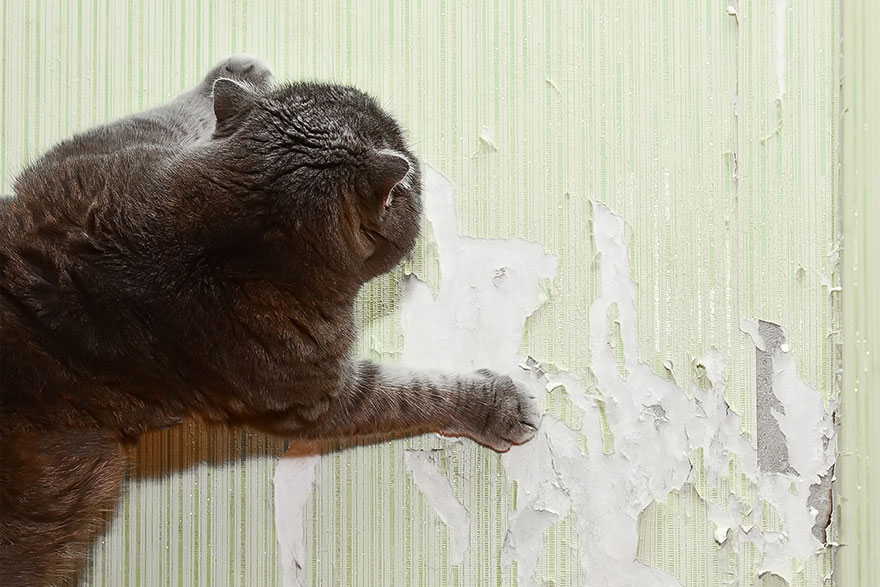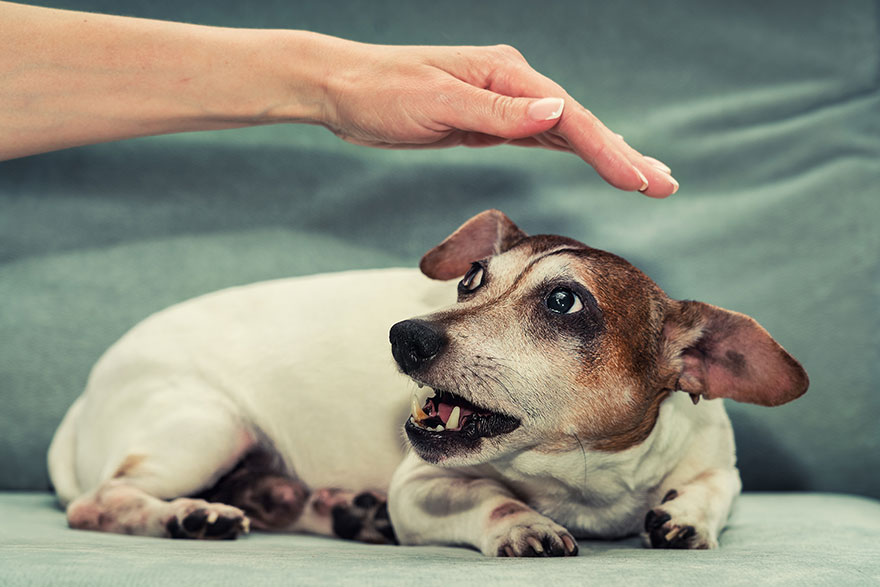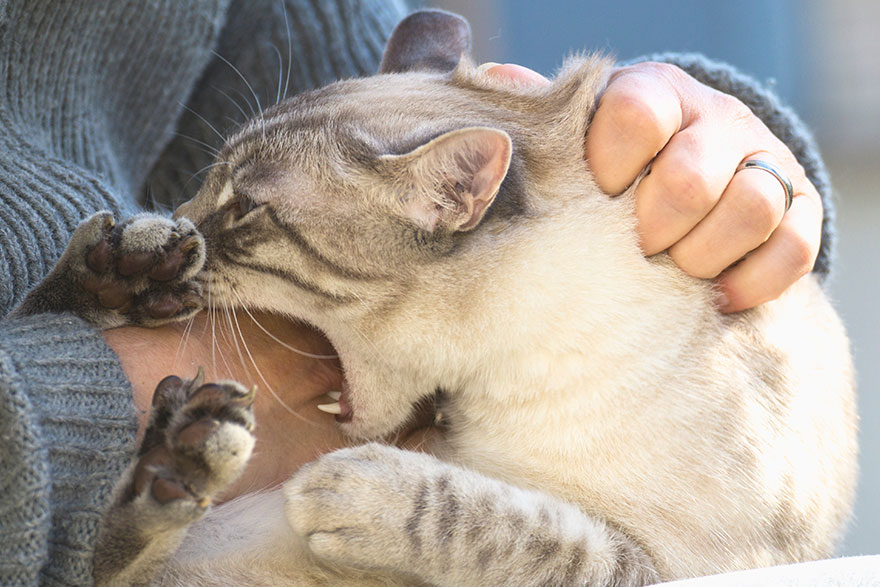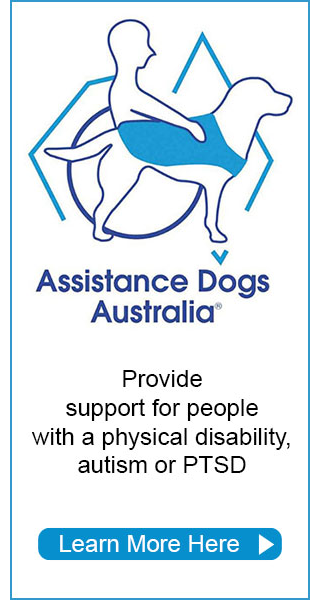
The Role of Pet Behaviourists
- Share
- Share
- Share
- Share
Understand the Role Pet Behaviourists Play in Identifying & Correcting Undesirable Pet Behaviour.
With cats and dogs, most behaviour exhibited is completely natural. Barking or meowing, scratching, biting, digging, chewing, escaping and running away are all normal responses to different situations these pet’s encounter.
The way a healthy cat or dog behaves is individual and depends on its age, breed or type and past experiences. Some cats, but mostly dogs are playful, sociable animals and they enjoy playing together with toys, people and other pets. Changes in behaviour may suggest that something is wrong with your pet’s health.
This article aims to explain the role pet behaviourists play in identifying, and by using positive based methods, correct undesirable or abnormal pet behaviour.

It is also useful to understand and separate out the roles of a pet trainer, and veterinarian. Simply, a dog trainer works with dogs that have no behaviour problems yet needs to learn specific basic, or advanced obedience skills or tasks, responding to commands. Typically, trainers have no formal academic qualifications, but have come up through the ranks of clubs.
Veterinarians on the other hand have a high amount of formal medical education, but as knowledge of animal behaviour isn’t required to earn a veterinary degree, and animal behaviour isn’t comprehensively taught in most veterinary training programs, unless a specialised education in animal behaviour is sought, vets typically pass on pet behavioural and pet phycological issues, after ruling out physical issues, to a pet behaviour specialist.
Qualified pet behaviourists will have expertise in:
- behaviour modification, so they know the techniques that produce lasting change in pet behaviour,
- the normal behaviour of the breed they’re treating, so they can recognise how and why your pet’s behaviour is abnormal, and
- teaching and counselling people, they can effectively teach you how to understand and work with your pet dog or cat. Most pet behaviour specialists are referred by vets, and they generally work closely to select the best behavioural medications, if required.
When searching for pet behaviourists near you, it’s always worth checking what their formal qualifications are, as well as the methods they use to address pet behavioural problems.
It’s important to feel comfortable working with your pet behaviour specialist and be confident that your cat or dog’s welfare is always prioritised.
Some behavioural financial support may be covered by pet insurance, so if your cat or dog is insured it is worth checking the terms and conditions of your policy.
Dog Behaviourists

Before we list out some of the causes of abnormal dog behaviour, we must first know what “abnormal” means. A behaviour can be considered abnormal if it is something that your dog has never done before and continues to do, or something that is abnormal for dogs as a whole. However, these are some of the most common ones:
- Anxiety or fear behaviours (excessive panting, licking lips, hiding, cowering, aggression, barking, chewing & digging)
- Repetitive behaviours’
- Aggression
- Hyperactivity
- Destructive behaviours’
- Eating disorders
- Toilet problems
Before contacting a dog behaviourist, first you should speak to your local vet to rule out abnormal behaviour due to a physical problem.
Cat Behaviourists

Just like with dogs, cats can also exhibit unwanted “abnormal” behaviour from fear and anxiety. The following list highlights common cat behavioural issues:
- Aggression
- Destructive scratching
- Litter box problems
- Meowing & yowling
- Urine marking, spraying
- Play biting & scratching
- Over activity at night
Again, before contacting cat behaviourists, first you should speak to your local vet to rule out any abnormal behaviour as a result of a physical problem.
Summary
In summary, the role pet behaviourists play in identifying & correcting undesirable and abnormal pet behaviour with cats and dogs is crucial not only from the health and wellbeing of your pet, but for your mental health and the strength of the bond between you.
Learning how to read the cues and body language from your pet is half the battle. With the assistance of a pet behaviour specialist, learning how to go about correcting the abnormal and unwanted behaviour will surely make for a harmonious and loving home with your fur baby.

Using positive correction methods is also important, because your pet can’t link a scolding to the bad behaviour even minutes later. Punishment can often lead to deeper or new unwanted behaviour.

Hi to all my fellow canines, I’m Oliver, the Senior Dog News Reporter here at PetsBook.
I will endeavour to bring to dog owners’ informative and educational articles to help make the bond between you and them even stronger.







